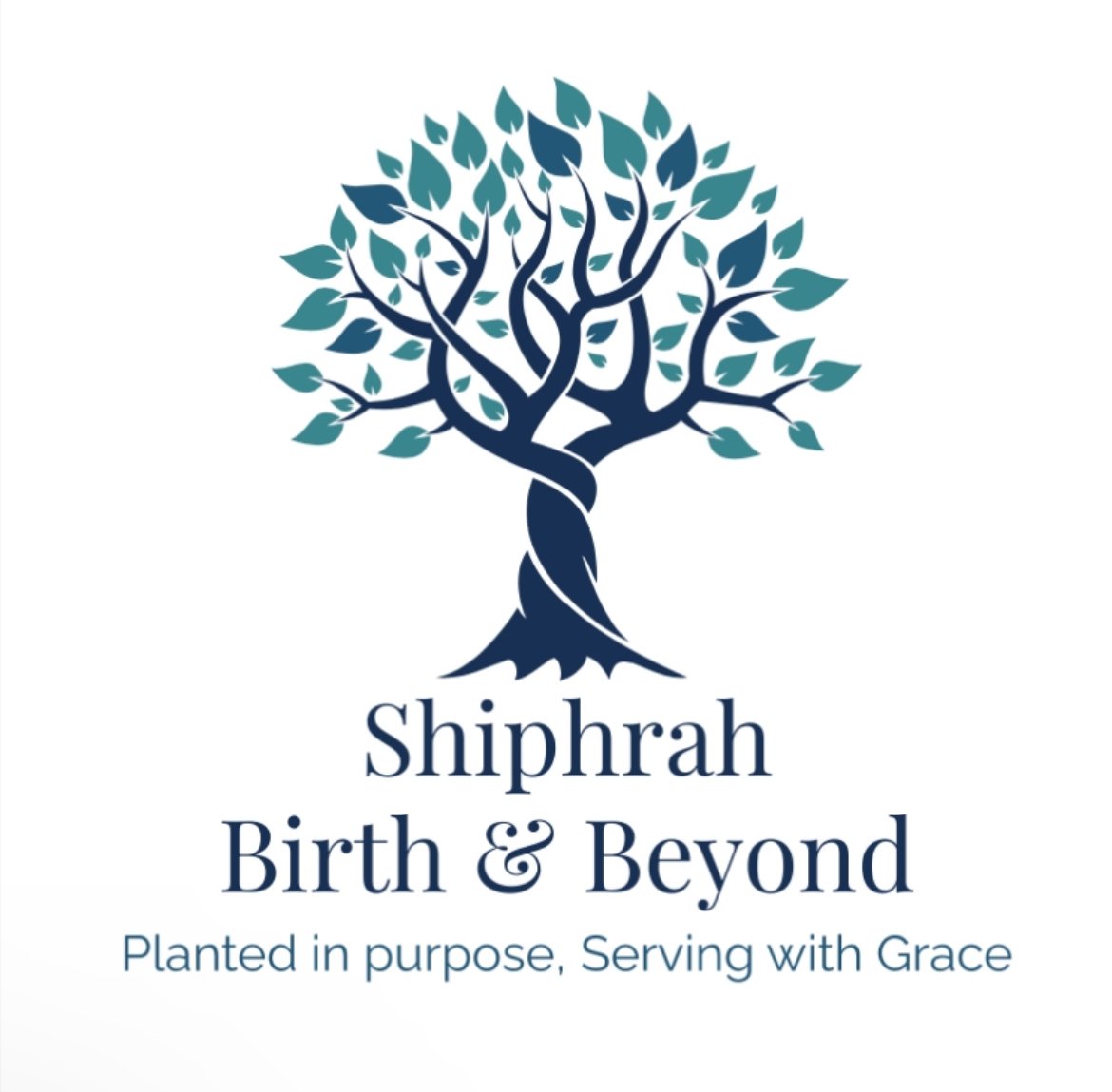Stress During Pregnancy & ADHD: What’s the Connection?
Pregnancy is a beautiful, life changing season but let’s be honest it’s not always calm and peaceful. Between life changes, physical symptoms, and everyday responsibilities, stress can sometimes creep in. While a little stress here and there is completely normal, ongoing or high levels of stress during pregnancy have been linked to certain developmental challenges in children, including attention deficit hyperactivity disorder (ADHD).
As a doula and childbirth educator, I believe in giving parents clear, research backed information without unnecessary fear so you can make informed choices and feel empowered during pregnancy.
What Is ADHD?
ADHD (Attention Deficit Hyperactivity Disorder) is a neurodevelopmental condition that affects attention, self control, and activity levels. It’s usually diagnosed in childhood but can continue into adulthood. Children with ADHD may be easily distracted, have trouble sitting still, or act impulsively but these symptoms vary from child to child.
How Stress Affects the Developing Baby
When you’re stressed, your body releases a hormone called cortisol. In short bursts, cortisol is helpful because it’s your body’s way of getting you ready to handle challenges. But when stress is ongoing, higher levels of cortisol can cross the placenta and reach your baby.
This matters because your baby’s brain is developing at a rapid pace during pregnancy. Excess stress hormones may influence how certain brain areas like the hippocampus (memory), amygdala (emotions), and prefrontal cortex(attention and self control) develop.
What the Research Says
Studies have found a connection between maternal stress during pregnancy and a higher risk of ADHD symptoms in children. Here are some key findings:
First trimester stress matters most. A 2025 study found that high stress during the first trimester was linked to a greater likelihood of ADHD symptoms in preschool aged children.
Long term effects can appear later. Research following children from birth to adolescence showed that prenatal stress doubled the odds of ADHD symptoms at age 16 even when early childhood seemed typical.
The more intense and ongoing the stress, the greater the potential risk. This does not mean every stressed mom will have a child with ADHD. It simply means stress management is an important piece of the puzzle for healthy development.
It’s About Risk, Not Blame
It’s important to remember:
Stress is normal. No pregnancy is completely stress free and occasional stress is not harmful.
Many factors play a role. Genetics, nutrition, environmental exposures, birth experiences, and postnatal environment all influence a child’s development.
This is not your fault. Learning about these links is about prevention and support, not guilt or blame.
Ways to Reduce Stress During Pregnancy
You can’t remove all stress from life but you can reduce its effects. Here are some supportive practices:
Breathing and Relaxation Exercises – Gentle breathing, meditation, or prayer can help lower stress hormones.
Movement – Light walking, stretching, or prenatal yoga can improve mood and circulation.
Adequate Rest – Prioritize sleep and listen to your body’s signals.
Support System – Lean on your partner, friends, family, or a doula for emotional support.
Balanced Nutrition – Nourishing meals help regulate both mood and energy.
Professional Support – If stress or anxiety feels overwhelming, talking with a mental health provider can be invaluable.
Final Thoughts
Understanding the connection between prenatal stress and ADHD is not about creating fear. It’s about empowering expectant parents with knowledge. By learning how stress affects both you and your baby, you can take steps to create a calmer, more nurturing environment during pregnancy.
Your mental and emotional well being are just as important as your physical health. Supporting yourself during pregnancy is one of the best gifts you can give your baby now and for years to come.
